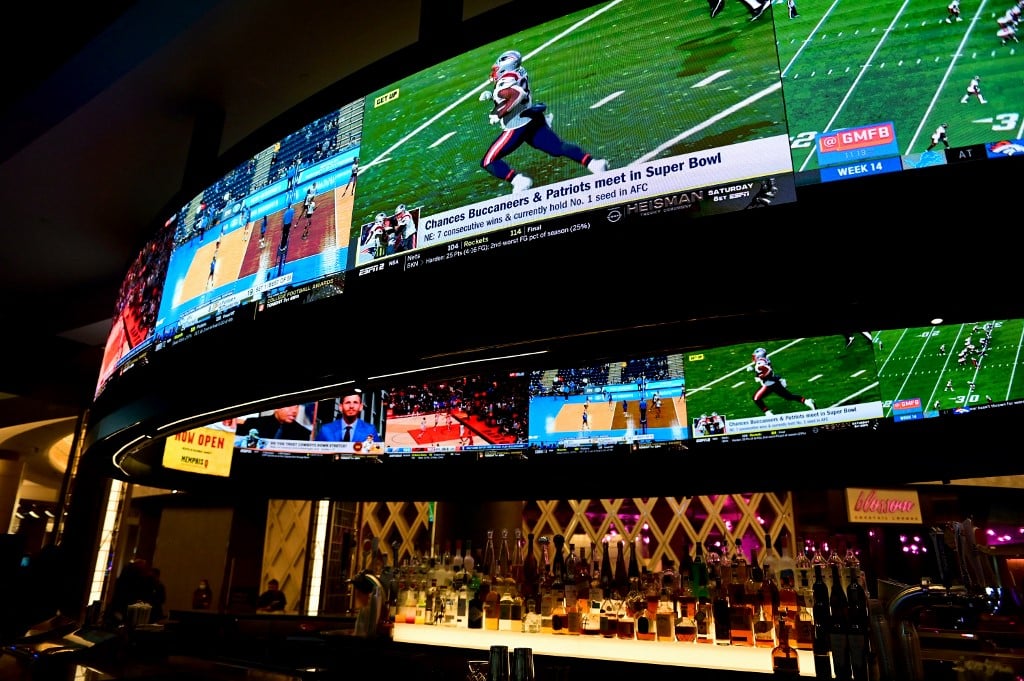
The Commodity Futures Trading Commission, the federal agency that holds governance over prediction market platforms like Kalshi, has acquiesced to gaming tribal leaders and scheduled a meeting with them later this month.
Tribes Want Threat Removed
Futures trading platforms like Kalshi, Robinhood, and Crypto.com have become the bane of sports betting operators and their respective regulatory agencies. But another segment of the sports betting industry has also expressed its desire to be heard by the federal agency that oversees and has permitted the futures trading platforms to run amok, taking digital wagers in the form of sports event contracts all over the nation.
Native Tribes Demand Federal Attention
That segment is the Native American gaming tribes like the Seminoles, who have exclusive control over the mobile sports betting market in Florida through their Hard Rock Bet app. The tribes have been granted an audience with the Commodity Futures Trading Commission (CFTC) via a conference call slated for May 29th.
The meeting is a result of the National Tribal Gaming Commissioners & Regulators’ (NTGCR) request to meet with the agency and express their opinions concerning the invasion of these prediction markets in markets where sports betting operators must be licensed by state authorities. The sports betting platforms have argued successfully in court that they are only beholden to the CFTC and have not been told to desist from offering sports betting contracts.
The NTGR wrote, “Kalshi’s unregulated sports betting contracts have diverted substantial revenues from tribal economies, undermining investments in legal compliance and threatening tribal governments’ ability to serve their communities.”
Concern Is Building
Those sentiments are echoed by the likes of Caesars, DraftKings, and FanDuel, which are concerned that their sports betting businesses are being cannibalized by these unlicensed prediction markets. Rules and regulations crafted by the state agencies tasked with governing their respective sportsbook operators are also outraged by their lack of authority over the federally licensed trading platforms.
Tribal Leaders Weigh In
This is not the first time the CFTC has heard from tribal leaders. In February, the California Nations Indian Gaming Association (CNIGA) wrote to the CFTC, stating, “CNIGA strongly urges the CFTC to make it clear that Sports Contracts are prohibited from being listed or made available for clearing or trading.”
“Trading of Sports Contracts is gaming, violates state and federal law, and is contrary to public policy for various reasons. Importantly, allowing Sports Contracts to be listed and traded will interfere with the sovereign right of tribes and states to exercise their police power to regulate gaming within their respective territories—a right long recognized by courts throughout the United States.”
Kalshi Fights Legal Battles with State Regulators
Kalshi, the most popular of the futures trading platforms, has already received several cease-and-desist orders from gaming agencies in Illinois, Montana, Nevada, New Jersey, and Ohio. But Kalshi took its case to federal court and, so far, has prevailed.
Kalshi wrote in its lawsuit involving the Nevada Gaming Control Board, “Nevada’s attempt to regulate Kalshi intrudes upon the federal regulatory framework that Congress established for regulating futures derivatives on designated exchanges.”
The CFTC has been reluctant to interfere and recently canceled a scheduled roundtable with sports betting operators and their regulators. This most recent meeting is viewed as a quieter, scaled-down version of the previous meeting, excluding most of the stakeholders who would also appreciate the opportunity to direct their concerns to the federal agency.








